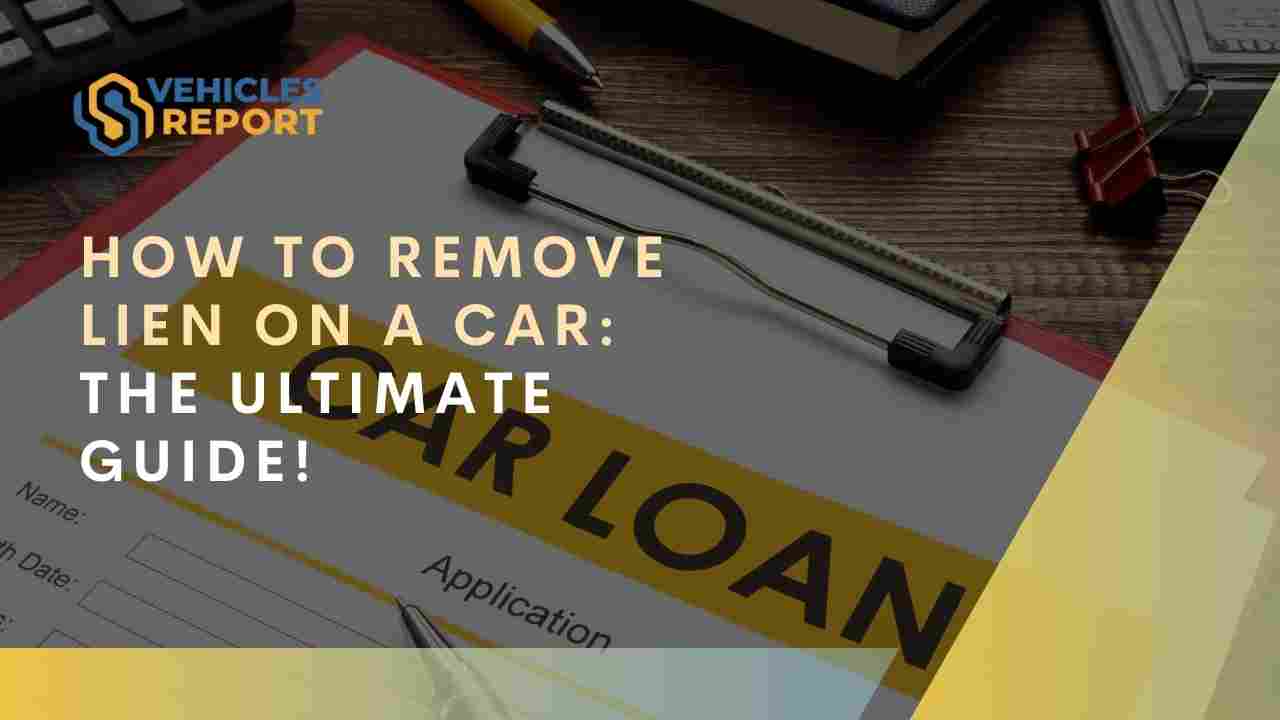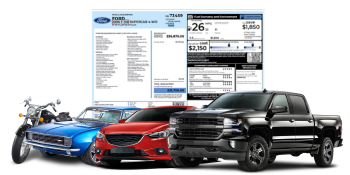When considering a used car, asking the right questions can make all the difference. You want to ensure you’re not just getting a good deal but also a reliable vehicle. Knowing what to ask helps you access essential information about the car’s condition, history, and value.
This guide will walk you through the questions to ask before making your purchase. By being well-informed, you can find the best used cars, negotiate better prices, and avoid potential problems. Let’s get right into it.
Questions to Ask When Buying a Used Car
When you’re considering a used car, keep these questions in mind. They will guide you through the decision-making process.
READ ALSO: Cheapest Tesla MSRP: What Is the Cheapest Tesla You Can Buy?
1. What is the car worth?
Start with researching the car’s value. Use online tools to compare prices to have an idea of the average cost of the vehicle. You can also check similar models in your area. This will help you avoid overpaying and give better negotiation. You can also get a Window Sticker Lookup fto view the MSRP of the vehicle when it was brand new.
2. How old is the car?
The age of the car is also important as it affects the vehicle’s reliability and potential maintenance costs. Older cars, although more affordable, may have more wear and tear than newer models. So you need to find out the vehicle’s model year. Then, think about how long you plan to keep it.
You should aim for a newer model that offers better technology and safety features. However, make sure it fits within your budget.
3. What’s the car’s mileage?
Mileage is a key indicator of how much a vehicle has been used and its overall condition. Higher mileage often means more wear on parts, which means you may need to carry out maintenance soon.
Ask if most of the miles were from highway driving, which is usually less taxing on a vehicle than city driving. A well-maintained car with higher mileage can be a better deal than a low-mileage one that hasn’t been cared for, so make sure you get all the details.
4. Is there a vehicle history report available?
A vehicle history report checks everything about a vehicle’s past like past accidents, title issues, theft records, service records, and more. You can ask the dealer or seller for this document and if it’s unavailable a VIN check tool can get you one for an affordable price.
With this report, you can avoid cars with hidden issues that could lead to costly repairs and make a well-informed decision.
5. Are there any mechanical problems?
Before signing the papers and committing to a purchase, you need to verify that there are no hidden mechanical problems or defects. You don’t want to end up finding out that the engine has a defect weeks after buying your car.
You could check the vehicle yourself, but we recommend hiring a trusted mechanic to inspect the vehicle before finalizing your purchase.
6. Is there any damage to the exterior of the car?
Next you need to ask about any damages you can find on the vehicle’s exterior. Look for scratches, dents, or rust since damages can significantly affect the car’s value.
Just to have a more precise overview of what to inspect, here’s a list to follow:
- Check for scratches, dents, and rust on the surface of the vehicle. Make sure the bodywork, paint job, and car frame are all intact and in good condition.
- Check for cracks in the windshield and discoloration in the headlights. Make sure the rearview and side mirrors are clear and working properly.
- Next, check the wheels and make sure they’re straight. Also, look closely at the tires and verify whether they need to be changed after purchase.
If you notice anything concerning, ask the seller about it. They may have more information or be willing to negotiate.
7. What does the interior of the car look like?
Check for signs of wear and tear inside. Look for stains, odors, or damage that could affect your comfort while driving. You can also check for rips and tears on the seats. A well-maintained interior often reflects how much care the previous owner took with the vehicle overall.
8. Can you take the car for a test drive?
Always request a test drive. After inspecting the interior, exterior, and mechanical components, you should take the vehicle for a test drive. This experience allows you to assess how the car handles and whether it meets your expectations in real-world conditions.
Pay attention to how it accelerates, brakes, and turns. Listen for unusual noises that could indicate problems and report to the dealer or seller if you notice any.
9. Is the car under warranty?
Knowing if there’s an existing warranty can provide peace of mind and save you money on repairs in the future. If a dealership or private seller is selling a vehicle without a warranty, you will have to deal with any flaws or defects without financial help from anyone.
Some used cars still qualify for manufacturer warranties, covering repairs for specific issues. If not, consider purchasing an extended warranty if you’re concerned about future repairs.
10. How would this car impact my car insurance premiums?
Insurance costs can vary significantly based on the vehicle type and model. Some cars are cheaper to insure than others due to factors like safety ratings and repair costs.
So, you need to check with your insurance provider to understand how this purchase might affect your premiums. Knowing this helps you budget properly and avoid surprises after your purchase.
Questions to Ask When Buying a Used Car From a Private Seller
If you’re buying from a private seller, you should ask a few additional questions to gain deeper insights.
11. Why are they selling the car?
If they’re upgrading because they love the car but need something larger, that might be a good sign. If they seem eager to sell without a clear reason, dig deeper. You want to ensure you’re not buying someone else’s problem. A genuine seller is likely to share their story openly.
12. Do they have the title in hand?
Ensure the seller has the title ready for transfer. This proves they own the car and have the right to sell it. Verify that the title is clean, meaning there are no liens against it. A clear title makes for a smoother transaction and provides peace of mind.
13. How long have they owned the car?
Knowing how long the seller has owned the car can provide valuable context. If they’ve owned it for several years, they likely maintained it well and have experience with its quirks. They might not have invested much in repairs or upkeep if they just bought it. Longer ownership usually means they are satisfied with the vehicle, which is a good sign.
Additional Considerations
While these questions cover many essential aspects of buying a used car, remember that preparation is key. Research various models that fit your needs before looking at vehicles. Understand what features are most important to you – fuel efficiency, safety ratings, or technology options.
If you’re unfamiliar with cars or feel overwhelmed by technical details, consider bringing along someone who knows vehicles well when inspecting potential purchases. They can help spot issues you might overlook.
Also, don’t forget about financing options if you’re not paying in cash. Shop around for loans before visiting dealerships or private sellers so you know what rates are available based on your credit score.
Conclusion
Buying a used car requires careful consideration and thorough questioning. By asking the right questions, you can spot hidden issues, negotiate a better price, and feel more confident in your purchase.
Don’t forget to check out our fuel economy guide for tips on finding a car that saves you money at the pump. Additionally, if you’re interested in classic cars, check out our Classic Build Sheet by VIN Number service for historical data about older models.









